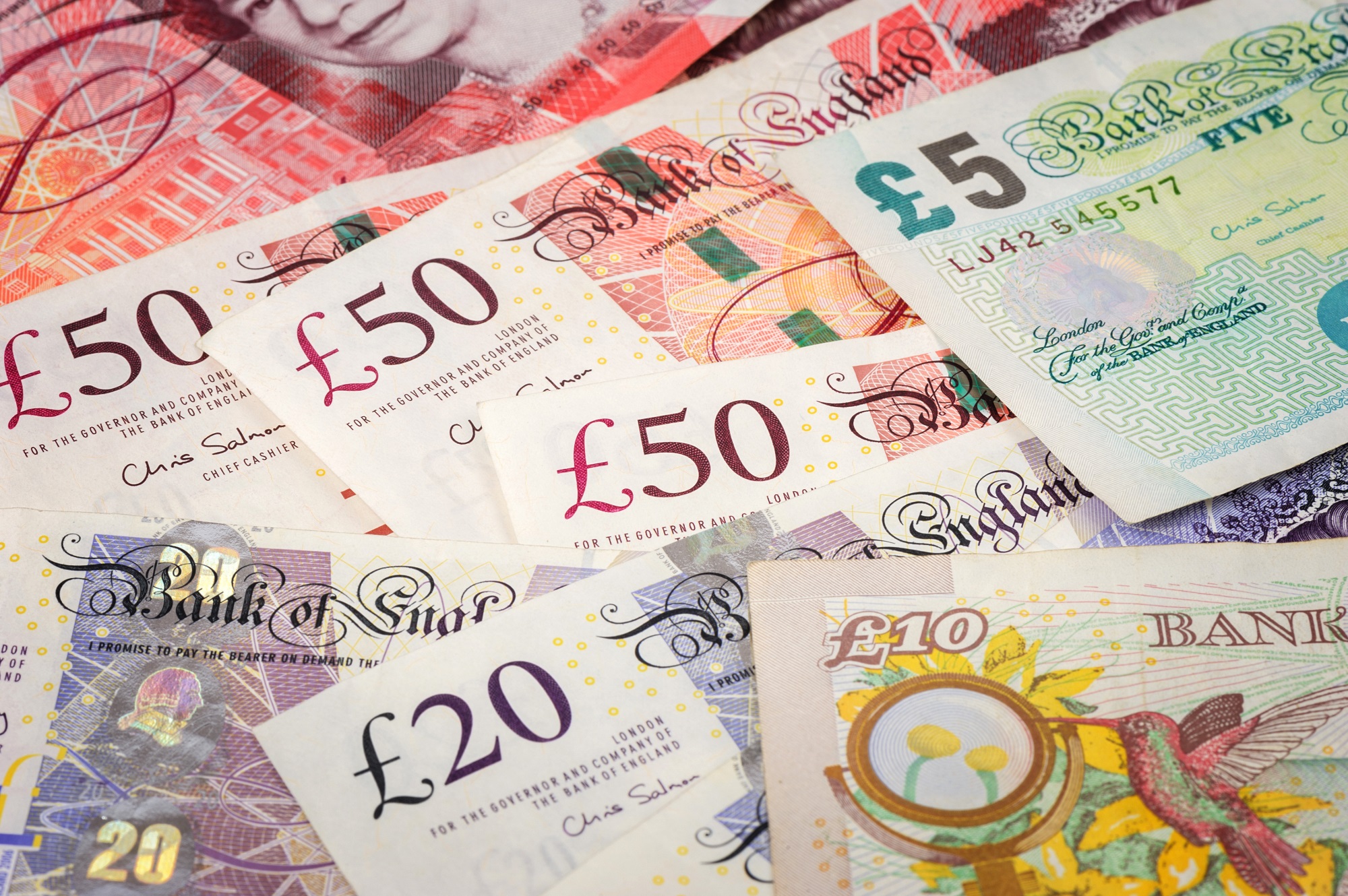With the latest stage of lockdown restrictions being eased, economists and forecasters are predicting UK consumer spending will help to boost the recovery. The backdrop to the prediction is the record level of personal savings that UK households have squirrelled away during the pandemic. With opportunities to spend restricted, records have been set and broken in 2020 and early 2021 as more and more money has been deposited in UK banks.
Record Monthly Personal Savings
In the six months before the pandemic hit, the average monthly money deposited by householders into UK banks was just under £5bn. To put the level of additional reserves into perspective, in January 2021 alone, this figure was more than £18bn. But even that has been surpassed twice in the last 12 months as savers banked more than £20bn in December 2020 and £26bn in May of the same year. The December 2020 personal savings level shines a further spotlight on the Christmas related trade that was lost as family gatherings, meals, parties and holidays were all cancelled.
In total, the Bank of England calculates that between March and November 2020 consumers banked £125bn in savings. That amount is now believed to exceed £160bn following the latest lockdown in 2021, with shops, pubs and bars forced to close yet again.
Consumer Spending Resurgence
But these record personal savings could be the key to the recovery with UK spending expected to draw on these reserves as consumers emerge from lockdown with cash on the hip. Whilst overseas travel is still restricted, it is anticipated that clothing and high street sales will see a resurgence as will the UK hospitality industry as it too gradually reawakens. Estimates suggest that most households will splash around 5% of their additional savings on larger ‘chunks’ of expenditure and may be more willing to overspend on monthly incomes for an extended period.
For some, these newly acquired reserves will act as a welcome safety net in a continuingly uncertain world, but with interest rates so low and pent-up consumer demand, forecasts of a post pandemic bubble seem accurate.
